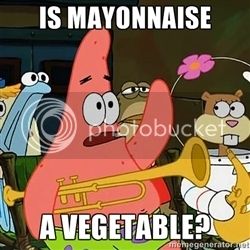In many sense, beer and bred are very similar, you just mix grains with yeast and water, perhaps you can add a little salt and sugar to it, and you can bake kick ass wholesome bred, why on earth would commercial bakers add hundreds of chemicals to their bred?
Don't believe me? go look at the bred section in your local supermarket, read the package of those commercial bred, and see for yourself.
The reason we don't see the chemicals and additives in the beer ingredients labels, according to Lee Janson's book, Brew Chem 101, he states that "commercial brewers are allowed to add, in any combination, over seventy-five chemicals, dyes, and additives to beer without informing the consumer."
Lee Janson is a Ph.D. and author of "Brew Chem 101", also author of "Medical Biochemistry: The Big Picture" published March 9th 2012 by McGraw-Hill Education / Medical. Forget about foodbabe, she is not relevant, we should not tarnish the truths just because this person had written something about it that made people here to believe that she is a fraud, that should not be the blanket reason to justify the false belief that "since foodbabe is a fraud, the commercial beer industry is telling the truth".































![Craft A Brew - Safale BE-256 Yeast - Fermentis - Belgian Ale Dry Yeast - For Belgian & Strong Ales - Ingredients for Home Brewing - Beer Making Supplies - [3 Pack]](https://m.media-amazon.com/images/I/51bcKEwQmWL._SL500_.jpg)



























